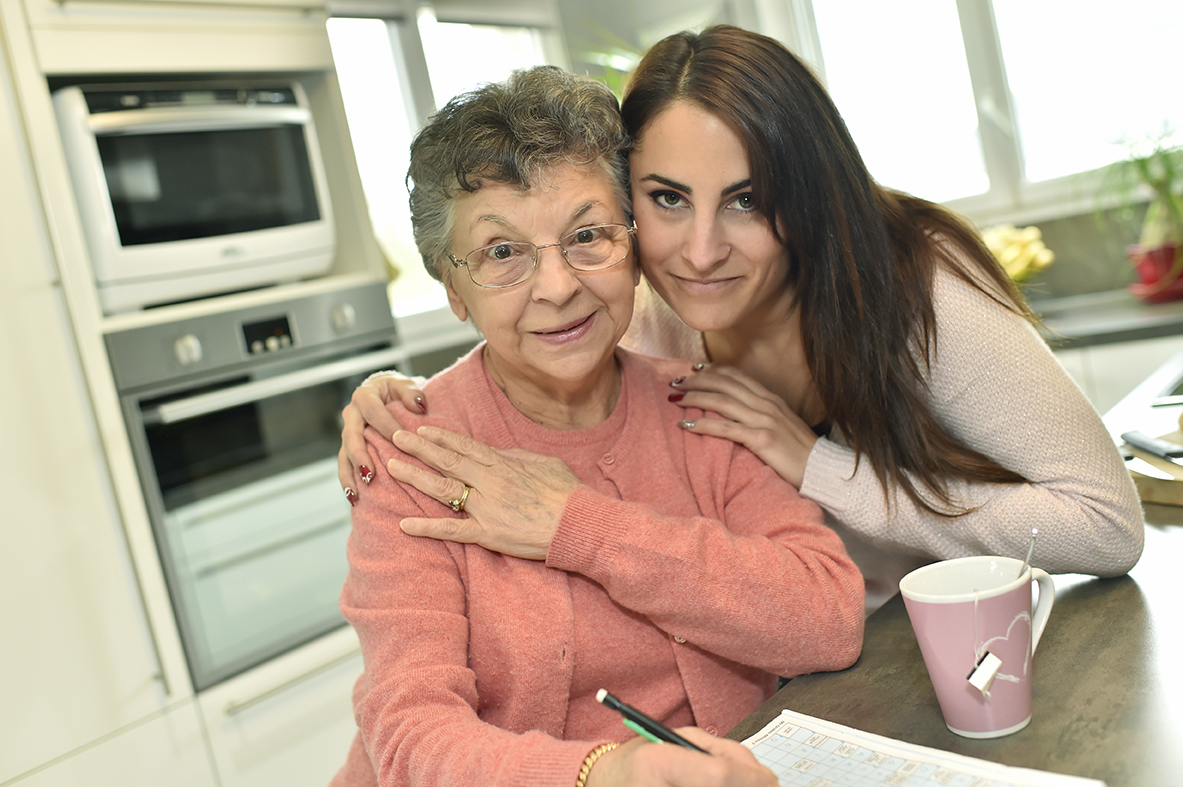
As we age, our bodies undergo various changes, and for the elderly, the impacts of smoking on lung health can be particularly dire. In this article, we'll delve into the hazardous consequences of smoking on the lungs and shed light on the specific dangers it poses for older individuals. Whether you're an elderly smoker yourself or concerned about a loved one, understanding these risks is crucial for making informed choices about health and well-being.
Smoking takes a heavy toll on the lungs, particularly as individuals age. This article delves into the profound impact of smoking on elderly lungs, exploring its implications for respiratory health, quality of life, and overall well-being. Additionally, it provides actionable steps for elderly smokers and their caregivers to mitigate risks and pursue a healthier future.
Find YOUR ideal care home NOW!
Reduced lung function and increased risks:
1. Chronic Obstructive Pulmonary Disease (COPD): Smoking contributes to COPD, causing persistent coughing, shortness of breath, and diminished lung function.
2. Lung cancer: Smoking is the primary cause of lung cancer, with elderly smokers facing heightened vulnerability due to prolonged exposure to carcinogens.
3. Exacerbation of age-related conditions: Smoking exacerbates age-related health issues, including weakened immune systems and decreased bone density, increasing susceptibility to respiratory infections and fractures.
4. Impaired quality of life: Smoking-related lung conditions impose physical limitations, hindering mobility, social interactions, and mental well-being.
Unique risks for elderly smokers:
1. Reduced lung reserve: Aging naturally diminishes lung function, which smoking accelerates, leaving elderly smokers with limited lung reserve and heightened susceptibility to respiratory infections.
2. Compounded chronic conditions: Smoking compounds existing chronic conditions common in the elderly, exacerbating health complexities.
3. Increased healthcare costs and decreased life expectancy: Smoking-related ailments incur higher healthcare costs and diminish life expectancy, underscoring the urgency of smoking cessation.
Taking action for a healthier future:
1. Seek support: Access professional assistance and join support groups to enhance smoking cessation efforts.
2. Explore medication options: Consult healthcare providers for guidance on nicotine replacement therapy and medications to aid in quitting.
3. Prioritize lung health care: Regular check-ups facilitate early detection and management of lung-related issues.
4. Embrace healthy lifestyle practices: Adopt regular exercise, a balanced diet, and hydration to bolster overall well-being and lung health.
Unique Risks for Elderly Smokers
| Risk | Description |
|---|---|
| Reduced Lung Reserve | Aging naturally reduces lung function, and smoking accelerates this process, leaving elderly smokers more vulnerable to respiratory infections. |
| Compounded Chronic Conditions | Smoking worsens existing chronic conditions, making it harder for elderly individuals to manage their health effectively. |
| Increased Healthcare Costs | Smoking-related health issues lead to higher healthcare costs and reduced life expectancy, emphasizing the need for smoking cessation. |
Smoking poses significant risks to aging lungs, but quitting remains a viable path to improved health and longevity. For elderly smokers and their caregivers, prioritizing smoking cessation efforts can yield profound benefits, including enhanced lung function, reduced health complications, and a brighter outlook on life. Let us embark on this journey towards healthier aging, safeguarding precious years of health, happiness, and quality of life.
FAQ:
How does smoking affect elderly lungs?
Smoking accelerates the decline of lung function, leading to conditions such as COPD and lung cancer. It also exacerbates age-related health issues like weakened immunity and decreased bone density, further impacting respiratory health.
What are the unique risks for elderly smokers?
Elderly smokers have a reduced lung reserve, meaning they have less capacity for lung function. Smoking also compounds chronic conditions common in the elderly, leading to a higher risk of complications and greater healthcare costs.
How does smoking impact quality of life for elderly smokers?
Smoking-related lung conditions limit physical mobility, hinder social interactions, and negatively affect mental well-being, ultimately impairing the overall quality of life.
What can elderly smokers do to improve their lung health?
Elderly smokers should seek professional help for smoking cessation, consider medication options like nicotine replacement therapy, prioritize regular lung health check-ups, and embrace a healthy lifestyle with exercise, balanced nutrition, and hydration.
How can quitting smoking improve health in elderly individuals?
Quitting smoking can significantly improve lung function, reduce the risk of respiratory infections and diseases, and help prevent the progression of chronic conditions, leading to a better quality of life and increased life expectancy.
What support is available to help elderly smokers quit?
Elderly smokers can access professional counseling, support groups, and medical advice, including medications and nicotine replacement therapy, to help them quit smoking.
How can smoking cessation benefit elderly smokers in the long term?
Smoking cessation in elderly individuals can slow the progression of lung diseases, improve overall health, reduce healthcare costs, and enhance mental well-being, leading to a healthier and more fulfilling life.
Is it too late for elderly smokers to quit?
It's never too late to quit smoking. Quitting at any age can improve lung function, reduce the risk of smoking-related diseases, and improve quality of life.
What is the impact of smoking on elderly smokers' immune system?
Smoking weakens the immune system, making elderly smokers more susceptible to infections, including respiratory illnesses, which can lead to more severe health complications.
What are the first steps in quitting smoking for elderly individuals?
The first step is seeking support, such as speaking with a healthcare provider, joining smoking cessation programs, and considering medications that can assist with quitting.
For assistance in selecting a care home or facility tailored to your needs, please contact us at 0230 608 0055 or complete our online form.
Do you need a care home for yourself or your loved one?
Share this article :
Latest posts
You are looking for an establishment for your loved one ?
Get availability & prices
Fill in this form and receive
all the essential information
We would like to inform you of the existence of the opposition list for telephone canvassing.









